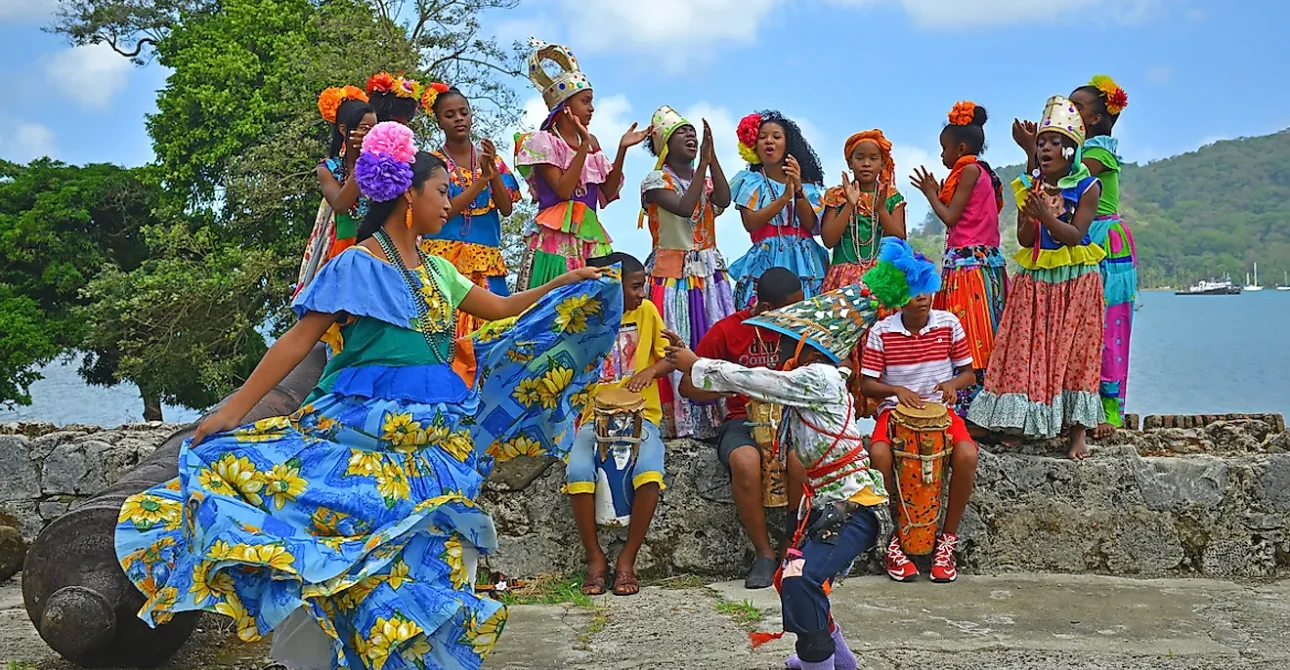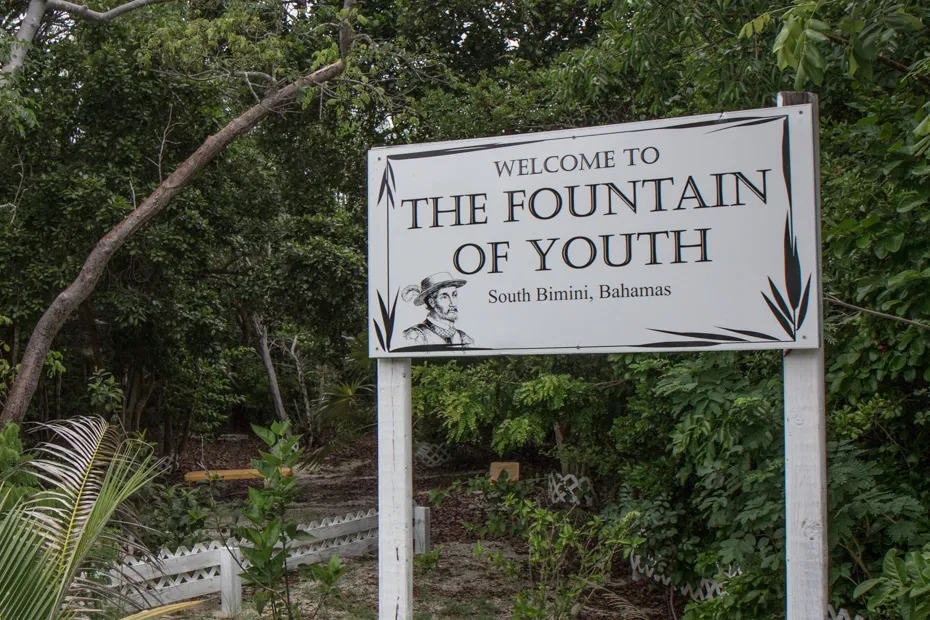We’ve all experienced it—the feeling of awe when we encounter something that connects us to the past. Maybe it’s an old building, a traditional dance, or a festival that’s been passed down through generations. Cultural heritage is all around us, woven into the fabric of our daily lives, shaping our identities and how we see the world. But what exactly is cultural heritage, and why does it matter? More importantly, why should we care about preserving it? Let’s take a deep dive into the significance of cultural heritage and why it’s so important to protect and cherish it.
The Importance of Cultural Heritage
Cultural heritage is far more than just a collection of old things—it’s a vital part of who we are as individuals and as societies. It shapes our sense of identity, fosters pride in our roots, and creates a sense of continuity between generations. But beyond personal and communal significance, cultural heritage plays a role in wider societal and global contexts too.
Building a Sense of Identity and Belonging
From the language we speak to the clothes we wear, our cultural heritage shapes how we view ourselves and the world around us. Think about it: when you visit your hometown or country, and you see something that reminds you of your childhood, like a certain food or a piece of art, there’s an instant connection to your past. That’s the power of cultural heritage—it’s not just about nostalgia, but about grounding us in something greater than ourselves.
Encouraging Diversity and Understanding
In today’s globalized world, cultural heritage plays an important role in fostering mutual understanding. Every culture has its own unique practices, art forms, and traditions that enrich the tapestry of human experience. By learning about and respecting other cultures, we become more empathetic and open-minded. Preserving cultural heritage ensures that these unique identities are recognized and celebrated, helping to bridge gaps between different communities.
Economic Value through Tourism
Cultural heritage also has significant economic value, particularly through tourism. Historic sites, festivals, museums, and ancient traditions attract travelers from all over the world. Visitors often seek authentic cultural experiences, and this is where heritage plays a key role. The preservation of cultural sites and traditions not only helps protect these precious aspects of history but also provides economic opportunities for local communities. In fact, cultural heritage tourism is a major contributor to the global economy, with millions of people traveling to experience the beauty and history of different cultures each year.
The Threats to Cultural Heritage
Unfortunately, cultural heritage is facing numerous challenges in the modern world. Rapid urbanization, climate change, political conflict, and globalization are just a few of the factors that put heritage at risk. Some of the biggest threats include:
Loss of Traditional Practices
As societies modernize, many traditional practices and knowledge are slowly disappearing. The younger generation, often influenced by technology and global culture, may lose touch with the customs, language, and rituals that their ancestors held dear. Without conscious effort to preserve these practices, they could be lost forever.
Destruction of Physical Sites
War, natural disasters, and the expansion of cities all pose threats to the physical remnants of cultural heritage. Monuments, historic buildings, and sacred sites are often the first to suffer from neglect or destruction. Take the case of the ancient city of Palmyra in Syria, which was severely damaged during the Syrian Civil War. Sites like these are irreplaceable, and their loss represents a deeper cultural tragedy.
Homogenization Due to Globalization. Globalization, while bringing people together, has also led to the erosion of unique cultural identities. As Western ideals and commercial interests spread across the globe, traditional practices, languages, and even architecture are being replaced by a more universal, often Westernized, way of life. This can lead to a loss of cultural diversity, as unique customs and languages fade into obscurity.
Why We Need to Preserve Cultural Heritage. Preserving cultural heritage is not just about safeguarding the past; it’s about protecting a vital part of who we are and ensuring that future generations have access to the same experiences, stories, and knowledge that we have today. For Future Generations. Every culture has its own stories, songs, and traditions that carry deep meaning. If these are lost, future generations will miss out on the richness of their heritage. Preserving cultural heritage ensures that our children, grandchildren, and beyond can learn about their roots, understand their place in history, and continue to keep those traditions alive.
Strengthening Community and Identity
Cultural heritage serves as the glue that holds communities together. When people connect through shared cultural experiences, they strengthen their sense of belonging and identity. Preserving these aspects of culture fosters pride, unity, and continuity, helping communities grow while staying rooted in their history.
Maintaining Cultural Diversity
Cultural diversity is one of the world’s greatest treasures. By preserving cultural heritage, we ensure that the unique contributions of each culture remain alive. This diversity not only enriches human experience but also promotes a broader understanding of the world, encouraging respect and tolerance among different peoples.
Cultural heritage is far more than just a history lesson—it’s a living, breathing part of who we are. By preserving it, we’re not just holding onto the past; we’re securing a richer, more diverse future for everyone.




